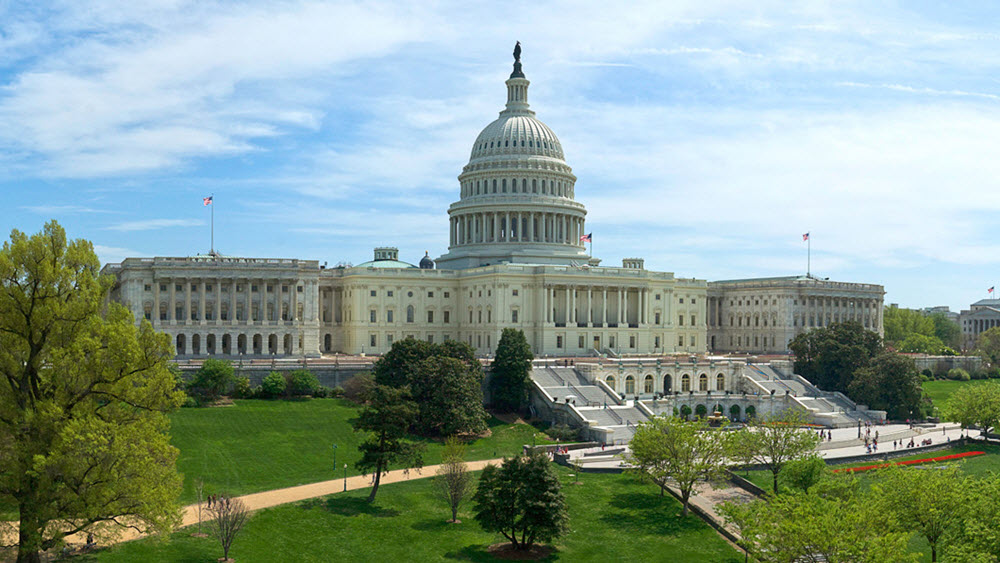Privacy on the Edge: Legislators' Questions
The smarter way to stay on top of the multichannel video marketplace. Sign up below.
You are now subscribed
Your newsletter sign-up was successful

WASHINGTON — Here are just some of the issues raised last week as the capital and the nation focused on how better to protect online users' data in a world of almost universal collection and sharing.
If social media sites can't figure out how to self-regulate, or are unable to do so, Washington has made clear it will step in.
Related: Specter of D.C. Crackdown on Edge Looms [subscription required]
- Does there need to be a government digital consumer protection agency with powers to regulate privacy?
- How can social media sites in general balance the need to weed out terrorists, hate speech, and threats of violence without straying into censorship of non-threatening speech?
- Do consumers have a fundamental right to control their online data and can that co-exist with the social media business model?
- How will new European Union General Data Protection Regulations (GDPR) going into effect next month dovetail with U.S. policies? (Facebook, for example, has pledged to provide those data control tools and options to its U.S. users.)
- If social media platforms are expected to police their content, as legislators have made clear, who decides what gets blocked, and how is that decision made?
Related: Pai Says He's Unsure Whether Social Media Benefits Outweigh Downside
- Should the edge be more regulated, or internet service providers be less regulated? Or do both need more “regulatory motivation” to protect privacy?
- Should all the members of the virtuous internet circle be mandated to require opt-in consent from users to collect their data, to share their data, to sell it to third parties, or any or all of the above?
- Who owns and controls our online personas, and what control do we have over them?
- How do Facebook and other social media define hate speech and is there a bias against conservative and religious speech given Silicon Valley's liberal bent?
- How can social media sites protect against being weaponized in election meddling, or is a site like Facebook too big (billions of communications per day) to prevent such weaponization?
Related: Murdoch Says Facebook Should Pay for Trusted News
- Will opt-in restrictions on data sharing with marketers threaten the ad-supported model that allows for free online content, and will that need to be a trade-off for securing users' control over their data?
- Has Facebook become a "self-regulated superstructure for political discourse," and is that a good or bad thing?
- Is there tension, as lawmakers saw it, between the business interests of the edge and users’ interests, or between users' desire to share info with various apps and their desire, on the other hand, to "lock down" that info? Zuckerberg suggested it was more the latter.
- Did the Cambridge Analytica incident violate the 2011 Federal Trade Commission privacy settlement? (If so, then Facebook could face hefty fines.)
- Is Facebook a publisher, a media company, a tech company or some amalgam of all of those?
- If Congress concludes that edge providers should be regulated like a utility, does that mean ISPs will be reclassified under Title II of the Communications Act, alongside websites?
The smarter way to stay on top of the multichannel video marketplace. Sign up below.
Contributing editor John Eggerton has been an editor and/or writer on media regulation, legislation and policy for over four decades, including covering the FCC, FTC, Congress, the major media trade associations, and the federal courts. In addition to Multichannel News and Broadcasting + Cable, his work has appeared in Radio World, TV Technology, TV Fax, This Week in Consumer Electronics, Variety and the Encyclopedia Britannica.

